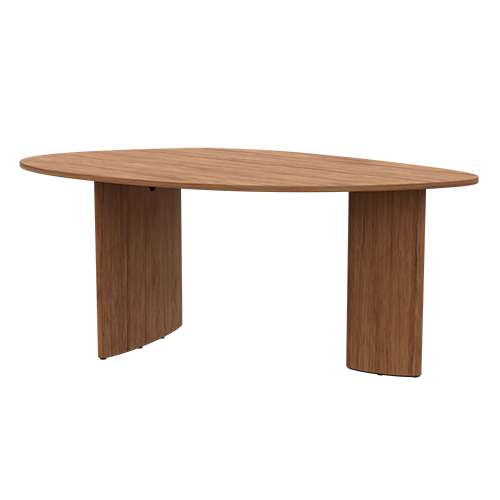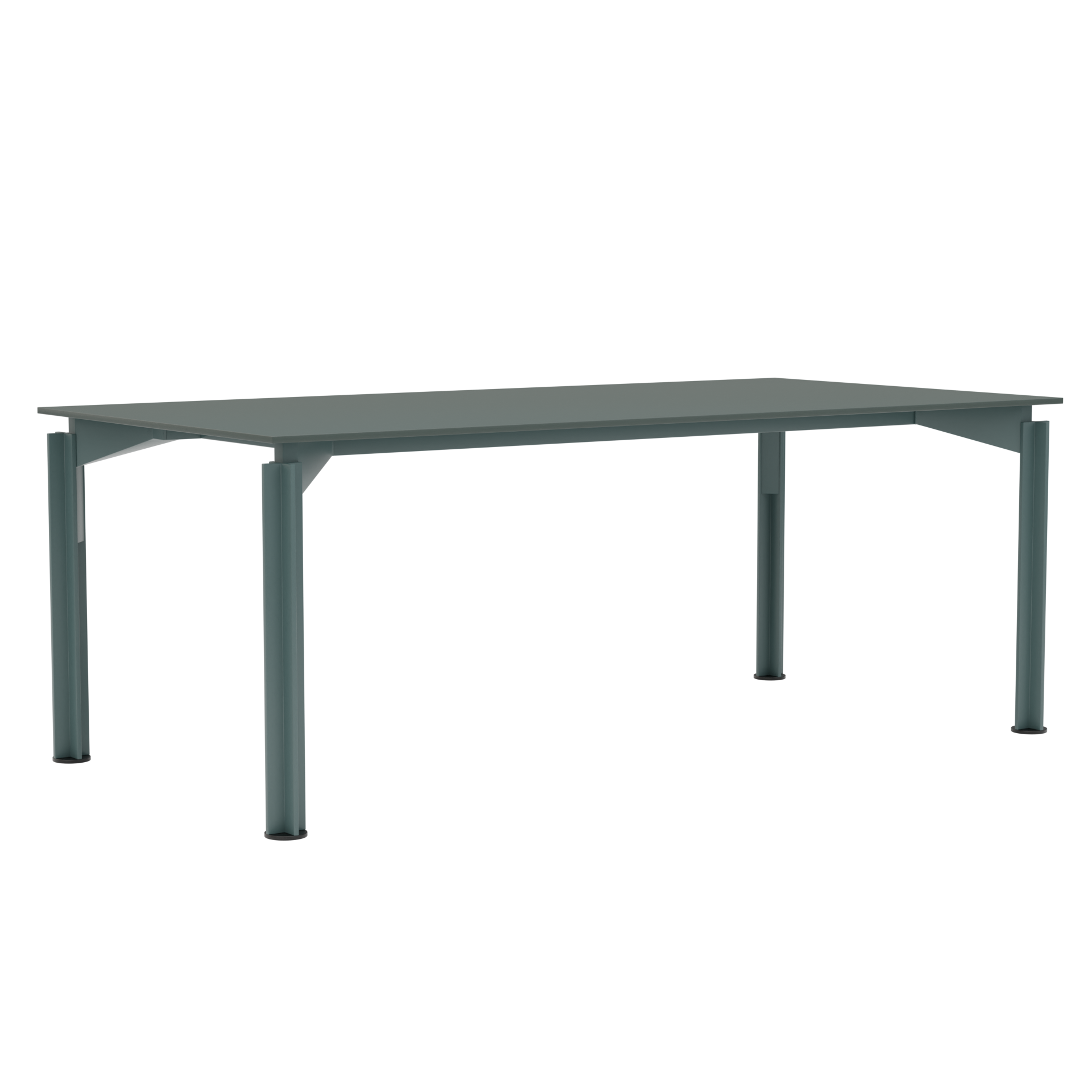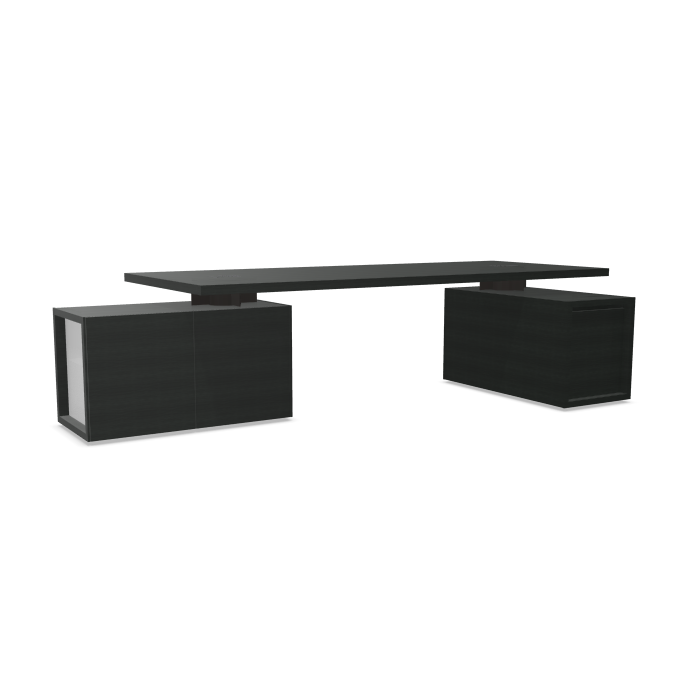
Bulo & Bosq – Entrepreneurs in transition to circular economy
What is Circular Economy and why is it necessary? What are the advantages? Let's take a closer look at it including an extensive interview with Bert Leysen and the city of Mechelen, the hometown of Bulo and sister company Bosq.
What is a circular economy?
Circular economy is, shortly said is an economy in which waste no longer exists. This can be in the form of a circular product or service. Reuse of raw materials, parts and products are the main idea.
Why circular economy is necessary?
Entrepreneurship has an enormous impact on the living environment of people, nature and the economy. With circular entrepreneurship, Bulo and sister company Bosq are limiting the impact, which means it has a positive effect on both the waste problem, global warming and the scarcity of raw materials.
1. Waste problems
In contrast to a linear economy, all ‘waste’ is reused in a circular economy, which reduces the total amount of waste and reduces the costs involved in processing and/or incinerating it.
2. Global warming
Manufacturing products with new raw materials (virgin products) requires much more energy. Energy that is currently still largely reprocessed with fossil fuels and emits greenhouse gases. Sustainable material choices, parts and materials and the production using sustainably generated energy forms a twofold solution.
3. Scarcity of raw materials
Circular economy is a solution in order to limit price increasments and dependence on scarce raw materials. Equivalent alternatives are not always available or are more expensive. Shortly, it endangers the production process. Responsible entrepreneurship goes hand in hand with a reduction in primary use of raw materials. Circularity can be applied step by step.
A circular economy is a manner to solve/ reduce all these problems and stimulates the continuity of the production process and therefore the company and its living environment.
What does Bulo and Bosq do regarding circular economy?
– Local raw materials
With our activities, we want to continue to play an important role in the future. “Previously, wood was taken from Germany, America, Ecuador or the Ardennes until the Busschop family rightly questioned why so far away and asked itself whether there are no alternatives to be found. We have started to look at raw materials differently and thus make an important difference for the next decades.” – Bert Leysen
Within a radius of 30 kilometers around Mechelen, Bosq obtains part of its raw materials. Wood may be a commodity, but wood manufacturer Bosq – which, in addition to its own activities in veneer, is the exclusive manufacturer of Bulo– purposeful opts for more sustainable alternatives.
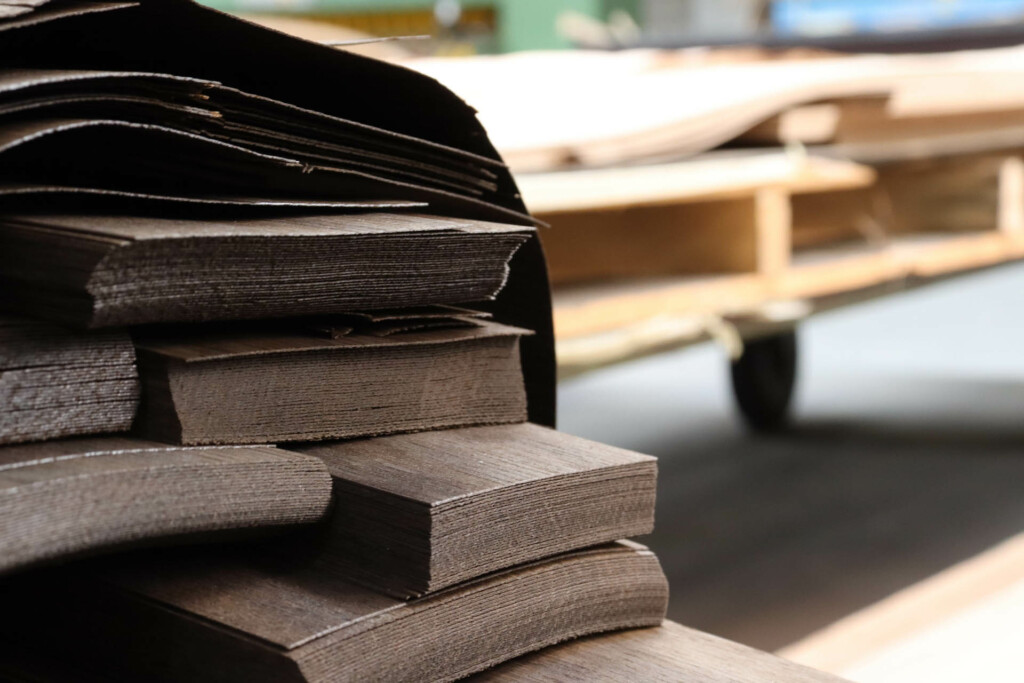
“The plane-trees of the leien (Antwerp), trees cut down in the botanical garden of Meise or in the Sonian Forest. In the Noorderkempen (Antwerp region) there have also been a few of these projects always concerning sick trees or trees that compromise safety. We now make furniture out of them.”
– Bert Leysen
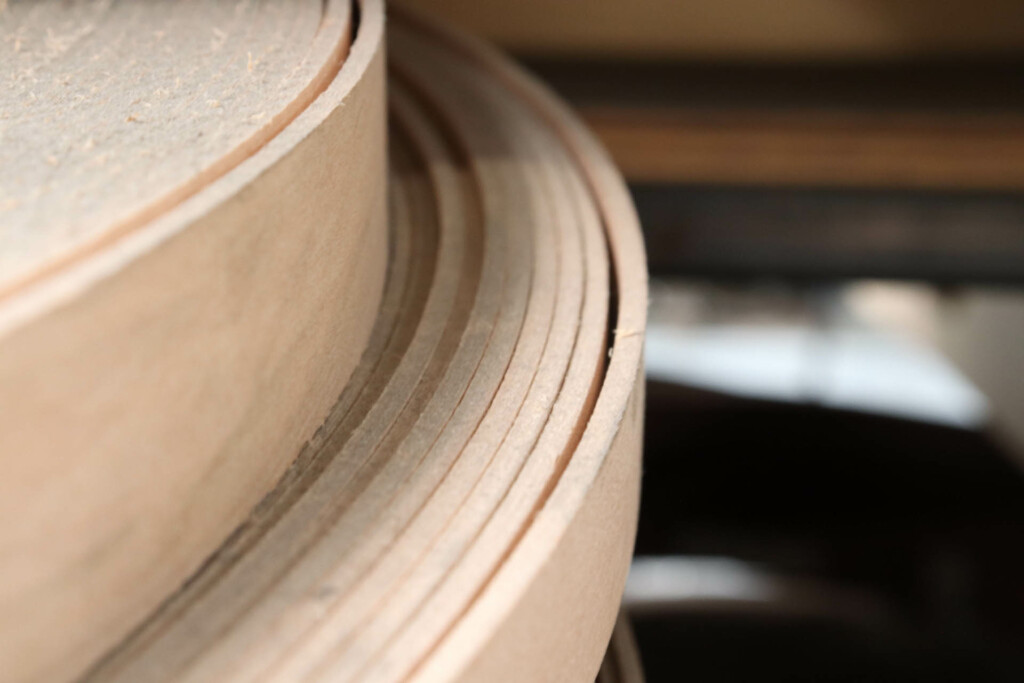
– Alternatives such as recuperation wood, fake massif …
Recuperation wood brought from Italy means a lower score in terms of ecological footprint, but still it’s saved wood from combustion and something creative is now processed with.
Fake massif made of palm and bamboo, involves two hollow grass species of which segments are taken out of and glued together, what can be transformed into veneer wood. The advantage of this method is that you can also process residual flows in it. In Belgium, for example, we process trees from the Meise botanical garden into veneer wood in this way. This ensures an attractive ecological footprint with good quality as a result and a high return. A win-win.
The benefits of circular entrepreneurship?
Efficient, cost-effective, and resilient, these are the three key words specific to circular entrepreneurship. It stands for investing in the future of the immediate environment and that of the planet. In short, a sustainability choice with added value.
Want to know more? Read the full interview on mechelen.be/circulair ondernemen
